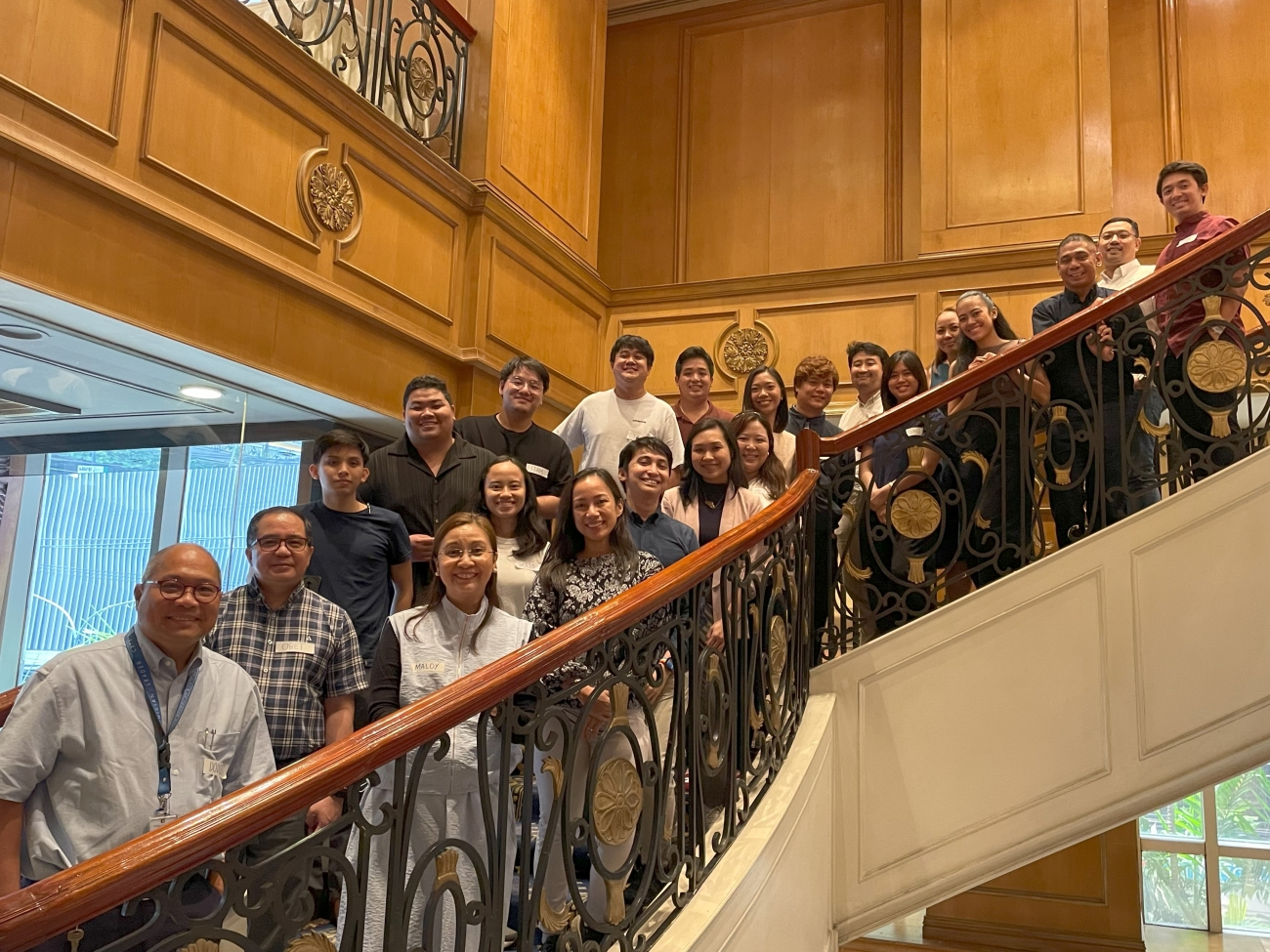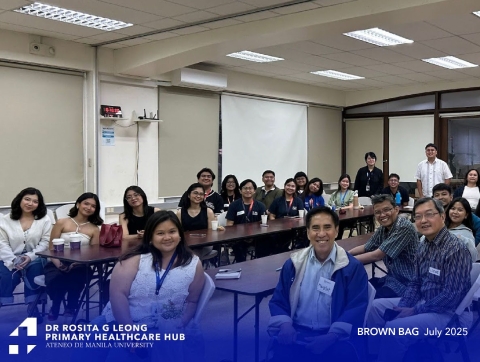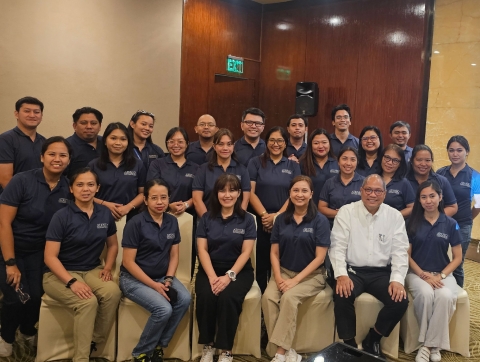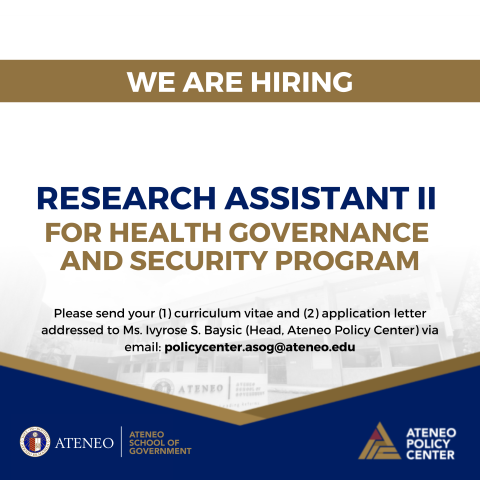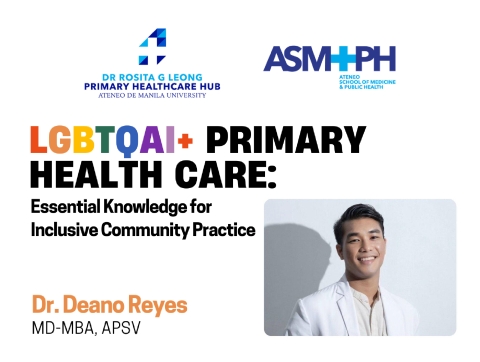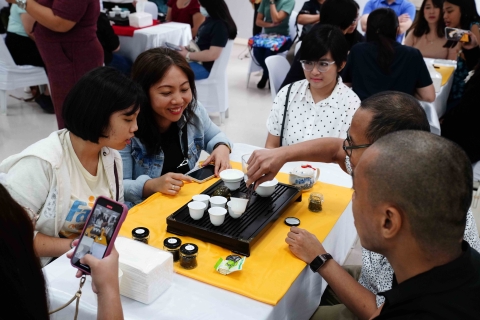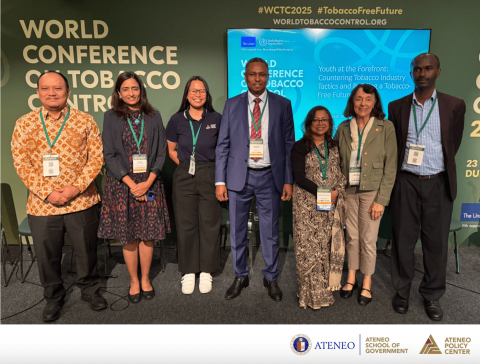Strengthening ties, shaping the future: ASMPH alumni planning session 2025
09 Jun 2025
On 5June 2025, the Ateneo School of Medicine and Public Health (ASMPH) held its Alumni Planning Session at the Richmonde Hotel in Ortigas, Pasig City. The full-day workshop facilitated by AGSB Associate Dean Luisito G Montalbo, was designed to bring alumni into deeper dialogue with the school—not just to reflect on their experiences, but to help shape ASMPH’s ongoing journey of academic and institutional development. With participation from alumni across various batches from 2012 to 2024 and from various medical practices, the session opened space for honest conversations, shared insights, and renewed commitment.
Dean Cenon “Dodie” Alfonso welcomed participants by emphasizing the role of alumni as essential partners in sustaining and strengthening ASMPH’s vision. Alumni were invited to reflect on how the school prepared them for their current realities in clinical practice, leadership, systems thinking, and community engagement. At the same time, they were asked to identify gaps they encountered after graduation—experiences that could inform improvements in curriculum, policy, and institutional culture. The conversation naturally turned to expectations of post-graduation support, such as continuing education, alumni networks, and mentoring support.
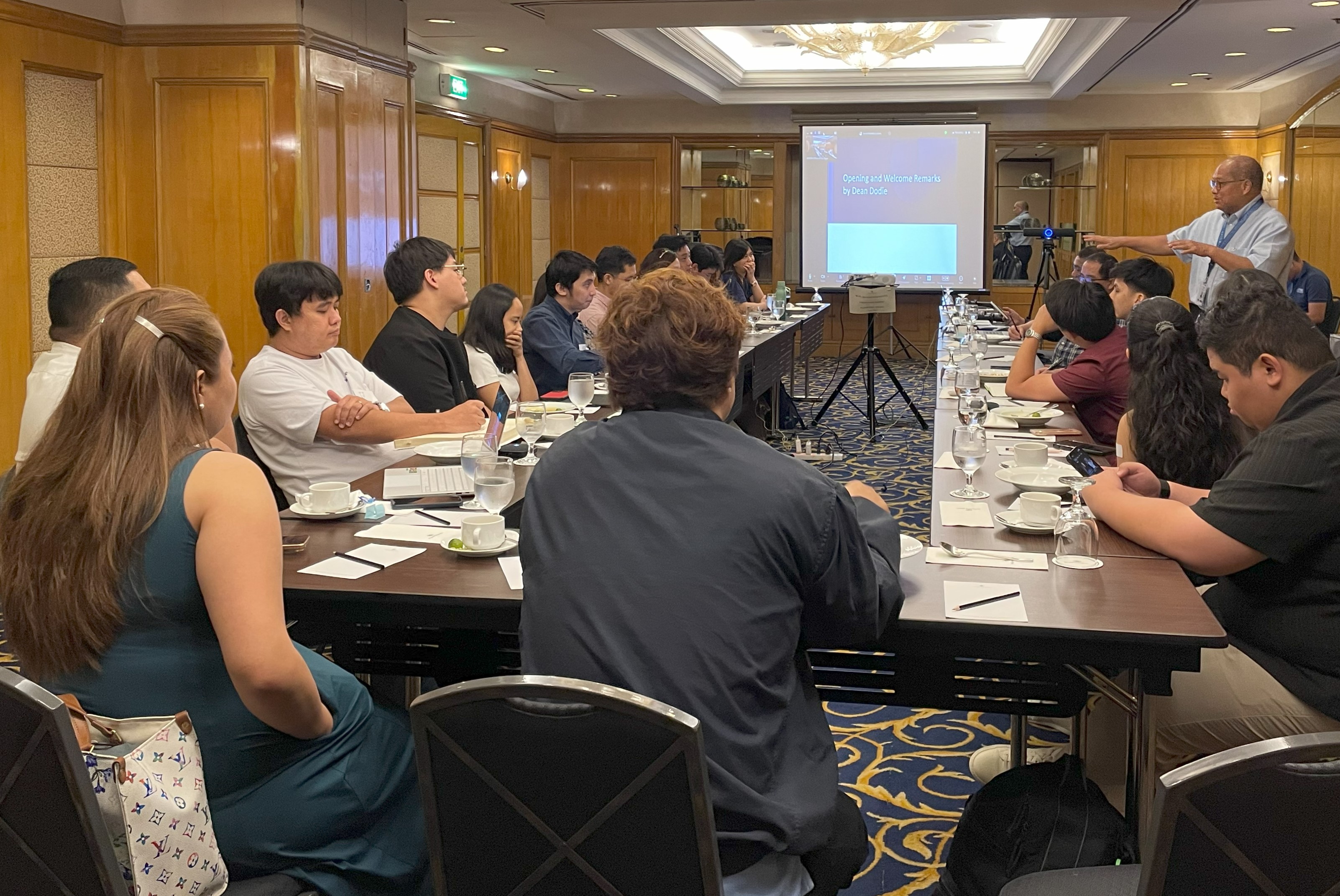
The workshop included presentations from the Associate Dean Robert “Obet” Tanchanco and Dr Kirk Plata from the Medical Education and Quality Assurance Unit (MEQAU), offering alumni a glimpse into current curricular and QA innovations. Small group discussions allowed participants to surface key insights based on lived experience: what worked well during their time at ASMPH, what needed strengthening, and how future students might be better prepared. These reflections were synthesized in plenary, capturing emerging themes that point to a shared desire to preserve the school’s values while making space for growth and responsiveness.

From reflection, the group moved into co-creation. Through facilitated discussions, participants began to articulate meaningful, practical ways they could contribute to ASMPH’s development. Ideas ranged from mentoring students and giving guest lectures to participating in curriculum reviews, field site partnerships, and institutional quality assurance efforts. This collective ideation resulted in a working menu of alumni contributions, designed to evolve with the school’s needs and the alumni community’s capacity to engage.
A key portion of the afternoon was devoted to the design of a proposed Committee on Alumni Development (CAD), envisioned as a formal structure to support ongoing collaboration between ASMPH and its graduates. Participants helped define the committee’s purpose, proposed its initial structure, and outlined ways of working that could ensure sustainability. The intent is not just to gather volunteers, but to establish a reliable mechanism for feedback, partnership, and co-ownership of the school’s mission.
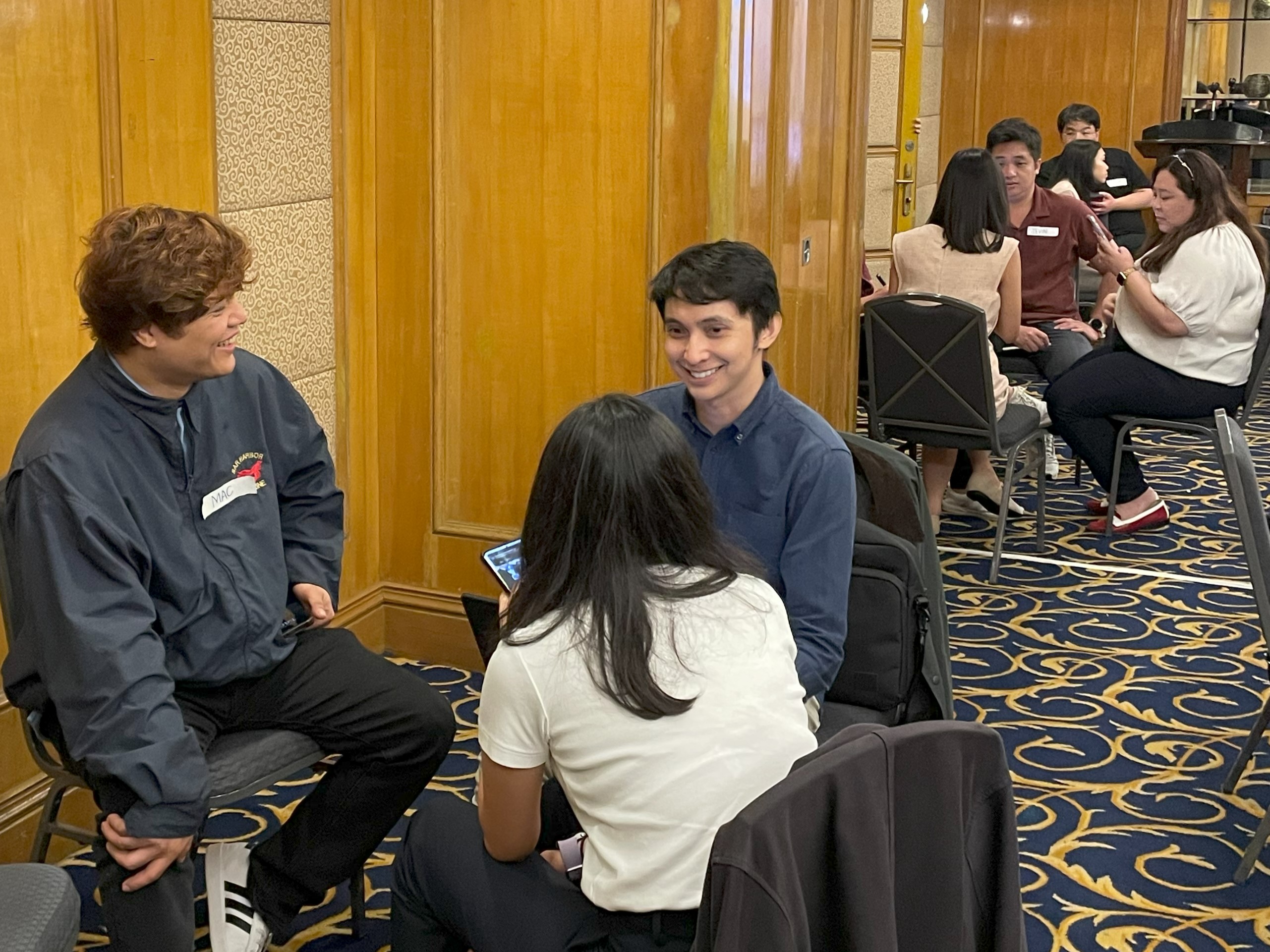
The energy in the room reflected a shared recognition that alumni are not just products of the school, but stewards of its legacy—and that their insights and contributions can drive lasting improvement in how ASMPH forms future physician-leaders.
The Alumni Planning Session laid the groundwork for a more intentional and sustained relationship between ASMPH and its graduates. With clear outputs and a growing base of committed alumni, the school takes an important step toward institutionalizing alumni involvement as a core part of its development. This continuing partnership, rooted in shared purpose, strengthened by collective action, and guided by the belief that health systems transformation begins with a community that stays connected, will allow ASMPH to continue to be responsive to the needs of its stakeholders.


